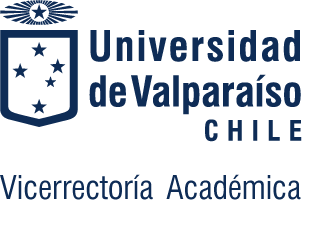Toxicology : what everyone should know / Aalt Bast, Jaap C. Hanekamp.
Tipo de material: TextoIdioma: Inglés Editor: London : Academic Press, 2017Descripción: vii, 100 páginas : ilustracionesISBN:
TextoIdioma: Inglés Editor: London : Academic Press, 2017Descripción: vii, 100 páginas : ilustracionesISBN: - 9780128053485
- 615.9 23
| Tipo de ítem | Biblioteca actual | Colección | Signatura topográfica | Estado | Fecha de vencimiento | Código de barras | Reserva de ítems | |
|---|---|---|---|---|---|---|---|---|
|
|
Ciencias General | General | 615.9 B324t 2017 | Prestado | 31.12.2024 | 00420894 |
Incluye índice.
Incluye referencias bibliográficas.
Toxicology: What Everyone Should Know is an essential reference for anyone looking for an entry into this fascinating field of study. This innovative book describes important discoveries in toxicology through the ages, explores their historical and sociological impacts, and shows how they still influence recent, state-of-the-art developments. In addition, the book shows how these developments are extrapolated into public and political perceptions on risks and the regulatory consequences, emphasizing environmental issues, such as manmade and natural chemicals, their interaction and impact, nutrition, and drugs. Users will find a cutting-edge approach to nutritional and combinatorial toxicology, risk evaluation modeling and the benefits of chemicals exposure (nutrition versus man-made chemicals), environmental health, and legislative frameworks to control the public's chemical exposure. This is an essential reference for those looking for an introduction to toxicology, its past, and exciting future.-- Source other than the Library of Congress.
